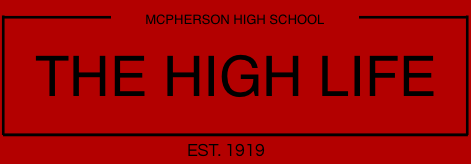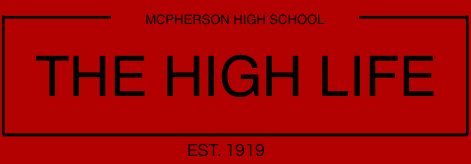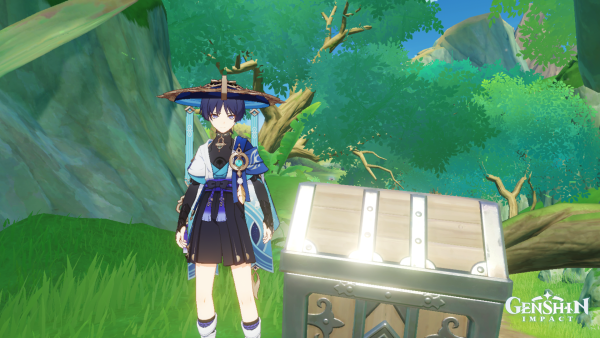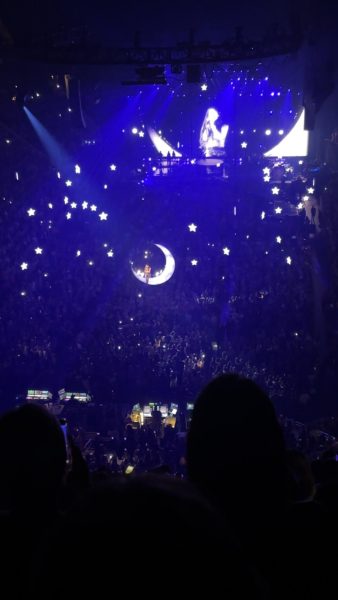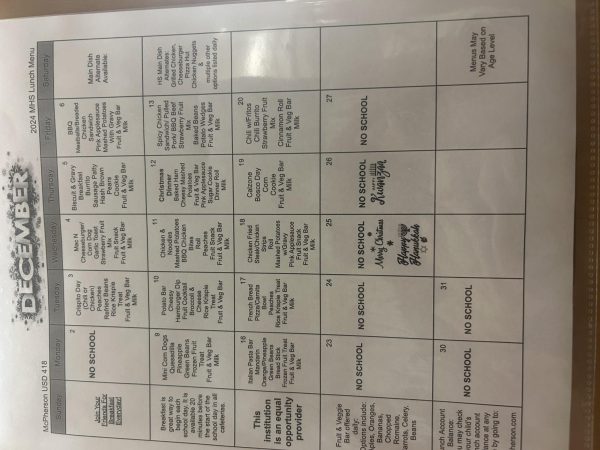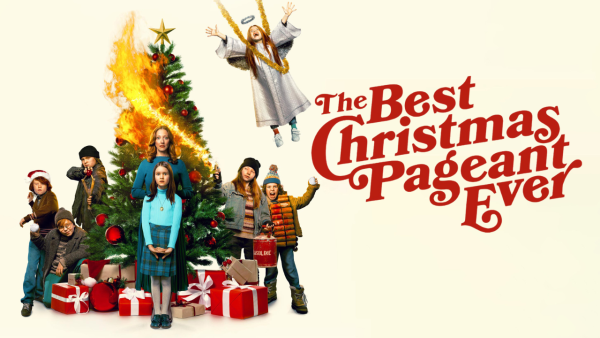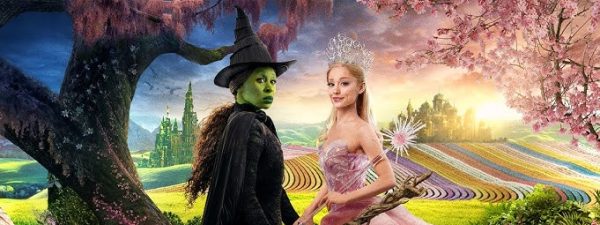The Indefinite Cycle of The Universe
Every person has a theory or a belief on how life came to be. We tend to hold those values because looking at other explanations on how the world was created can not be processed by our brains. We can’t process answers that do not make sense to us. Exploring different possibilities the universe came to be, expands the mind to much bigger concepts. In this essay I will be comparing and contrasting two theories about the start of the universe; Hindu Cosmology and the Conformal Cyclic Cosmological Model theory.
Everybody knows The Big Bang theory. The Big Bang theory is a theory in Astronomy stating that the universe began from one singular energy source thus creating infinite energy. The Conformal Cyclic Model theory is similar to the Big Bang. The Conformal Cyclic Cosmological (CCC) suggests that the universe goes through repeated cycles of the Big Bang. The simplified idea is that the Big Bang theory was not the beginning of the universe but just a transition.
The theory of the indefinite cycle of the universe first came to light in the 1930’s when Albert Einstein did research on the idea of an everlasting universe. This theory was developed further by Roger Penrose, a psychiatrist, mathematician and Nobel Peace prize winner. This theory is one of the only theories with factual evidence. Observations of the universe conclude that it will end in an empty state with all matter converted into stray photons of energy that will never interact with each other. This theory follows the famous phrase, “Energy can not be created nor destroyed.”
Many theories of how energy became exist and intertwine with each other. There is no right or wrong theory. There is simply just one answer that is so complex that we are continuously, slowly, dissecting the solution. The Hindu Cosmology theory is a theory involving religion and science. Creation theories in Hindu cultures and mythology are considered one of the most ancient and significant religions. Scientists admire the Hindu beliefs as they align with the timelines of the standard cosmological model of the universe.
According to the Hindu theory the universe follows an infinite model similar to the CCC theory. One difference between these two is the Hindu infinite model suggests that our current universe will be replaced with an endless amount of universes. The belief is that God creates and destroys this universe in a clinical pattern. These are: 1. Krita Yuga (1,728,000 years), 2.Treta Yuga (1,296,000 years),.3. (Dwapara Yuga (864,000 years) and 4. Kali Yuga (432,000 years). Our universe is in Kali Yuga according to this theory and we have been for 5,042 years. At the end of each period there is a transition period characterized by rains and floods similar to the idea in the Christan bible.
Right now, according to Hindu Mythology, the universe is 8.64 billion years old. This number is more than the current estimated number of the age of the solar system. The Hindu believe that Manus, rulers of men, rule the universe. Since the creation of the universe the Hindu say there have been six Manus who’ve ruled our part of the universe. The current time period according to the Hindu Mythology is the 28th-fourth Yuga cycle of the seventh Manu. He is said to rule for 43 more yuga periods. After this there will be seven more Manus before the universe is destroyed and created again. The universe lasts one duration of the creator’s day (4.320 Billion years). The universe stays unmanifested for the creators night. When the creator rises the universe is said to go back into motion.
These two theories have very different concepts yet the same idea of having an eternal universe, or ongoing energy. In fact, the basis of all theories of the universe have the same concept of a “never ending universe.” Even in religions such as Catholicism and Christianity the concept is you never really die, you go to heaven to live an eternal life. Maybe all these theories are the only way our brains can comprehend the idea of eternal or ongoing energy/life. It’s difficult to process answers that don’t make sense to us but exploring other possible answers expands our growth for knowledge.

I love writing about controversial topics and taking pictures. I want to become an author and journalist someday and write poetry and science fiction books. ...

